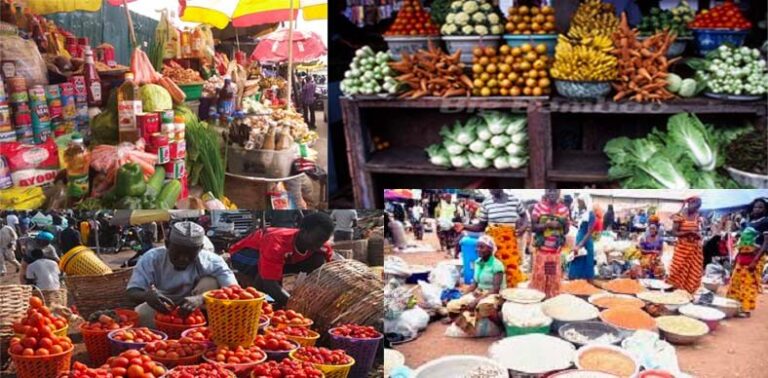
The Federal Competition and Consumer Protection Commission (FCCPC) Executive Vice Chairman/CEO, Tunji Bello, has highlighted grain hoarders as a significant contributor to the rising food inflation in Nigeria.
OsunDailyNG reports that he made this statement during a town hall meeting with key industry stakeholders in Kano on Wednesday.
Addressing the audience at the Afficent Centre, Bello revealed that FCCPC investigators discovered a troubling practice where merchants are stockpiling newly harvested grains to create artificial scarcity, driving up food prices.
“Some of these unscrupulous actors, without concern for the impact on fellow citizens, go as far as smuggling hoarded food across the borders to sell at higher prices, further threatening national food security,” Bello stated.
This event in Kano follows similar sessions in Abuja and Lagos, part of the FCCPC’s efforts to combat anti-consumer practices.
Bello called for cooperation among Kano stakeholders to curb these harmful activities, emphasizing that while only a few are guilty, it is a shared responsibility to ensure fair pricing of goods and services.
“We are not accusing everyone. The unethical practices are limited to a few bad actors. However, it is our collective duty to work together for reasonable pricing,” Bello added, noting that while the FCCPC Act allows for penalties, the commission is prioritizing dialogue “in the spirit of democracy.”
Bello also pointed out other unethical behaviors, such as price fixing and the imposition of entry fees by market associations, which are contributing to inflationary pressures.
Referring to earlier discussions in Abuja and Lagos, Bello expressed optimism that President Bola Tinubu is already addressing some of the concerns raised by stakeholders.
“President Tinubu is attentive to the people’s needs and is willing to take additional steps to alleviate the hardships caused by ongoing economic reforms,” he said.
Bello also announced that the Federal Government had implemented reforms, including the removal of Value Added Tax (VAT) and excise duties on pharmaceutical products and medical devices, as well as tax exemptions for micro, small, and medium enterprises, and public transportation.


